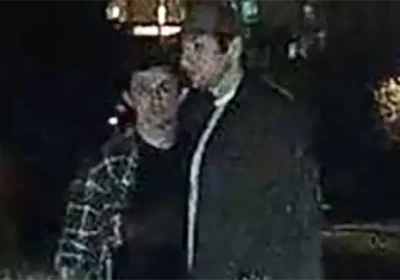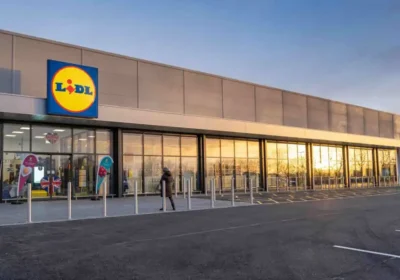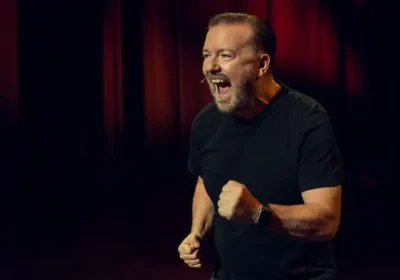NHS services in the South West are facing ‘significant disruption’ due to strikes, staff holidays and sickness, and warm weather.
The warning comes as consultants across the NHS began a two-day walkout this morning (August 24), bringing almost all routine care to a standstill.
It is the latest industrial action in an on-going dispute over pay and conditions – and comes ahead of the August Bank Holiday weekend – with consultants set to return to work at 6.59am on Saturday morning.
The NHS is advising people to continue to use 999 in life-threatening emergencies and NHS 111 online for other health concerns.
An NHS South West spokesperson said, in contrast to strike action among other workers, no other clinicians can provide cover for consultants.
This means any planned care delivered by junior doctors or other healthcare professionals that requires even remote consultant supervision will need to be rescheduled.
The action comes after junior doctors walked out across five days last week, which led to more than 61,000 hospital appointments being postponed across the country, with the cumulative total over more than eight months of strikes now running at 839,327.
READ MORE: More hospital appointments to be postponed during NHS strike
Dr Kheelna Bavalia, NHS England South West medical director, said: “The NHS is faced with significant disruption to routine care, coming at a time when the South West has an influx of holidaymakers and day-trippers.
“In addition, the strikes take place ahead of the bank holiday and we are even busier than usual with residents and visitors getting out and about.
“We are also seeing colleagues take annual leave, and staff sickness within some Trusts, so teams are already stretched.
“We are asking people to continue to use 999 in life-threatening emergencies and NHS 111 online for other health concerns. GP services and pharmacies are also available for patients and can be accessed in the normal way.
“Patients who haven’t been contacted or informed that their planned appointment has been postponed are also urged to attend as normal.”
NHS national medical director for secondary care, Dr Vin Diwakar, said: “This latest action will again hit the NHS hard, with almost all routine care being affected.
“We are working closely with unions to ensure we prioritise urgent and emergency care for patients, but there is no doubt that it becomes harder each time to bring routine services back on track following strikes, and the cumulative effect after nearly nine months for patients, staff and the NHS as a whole is enormous.”










Leave a Reply